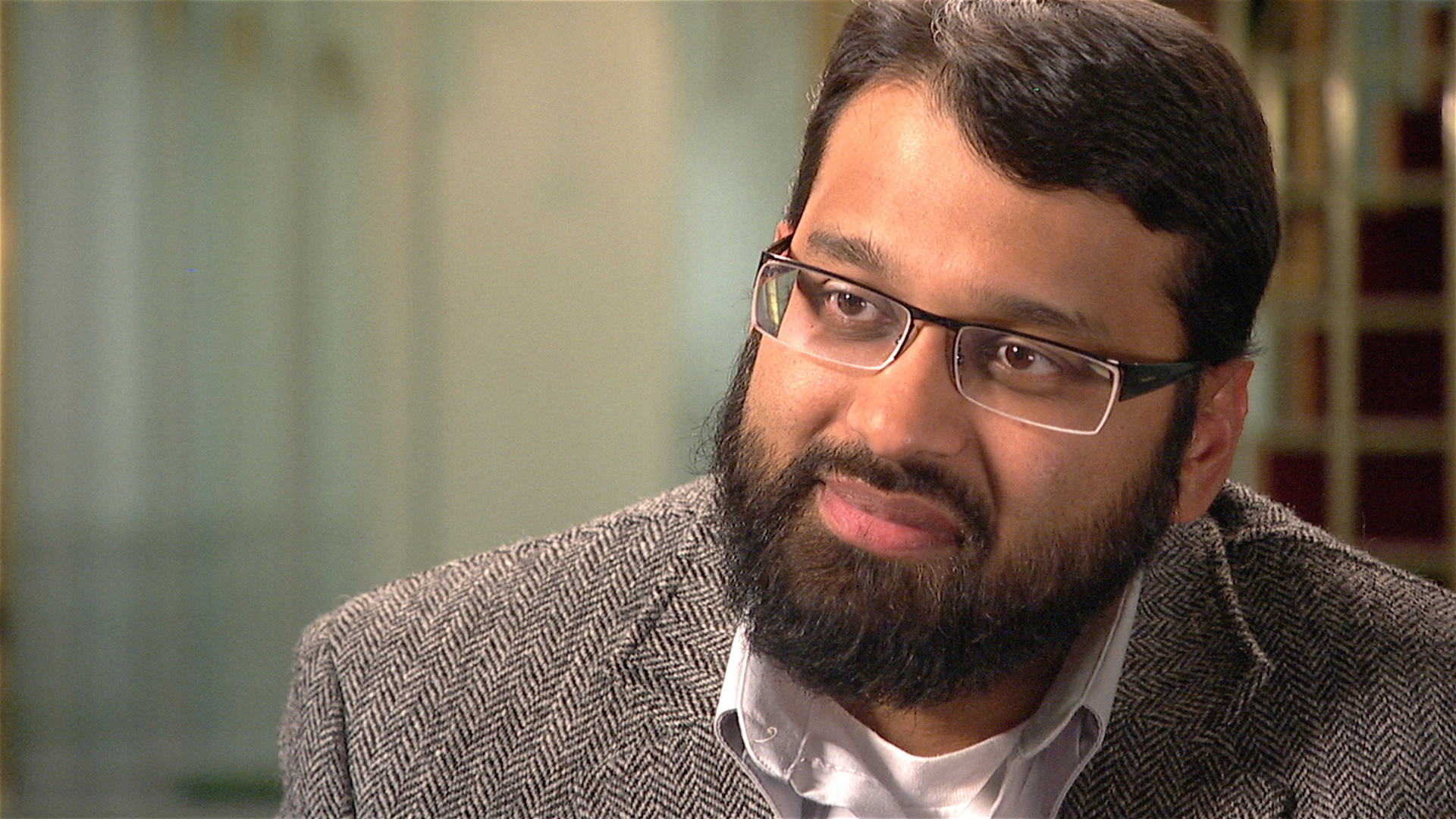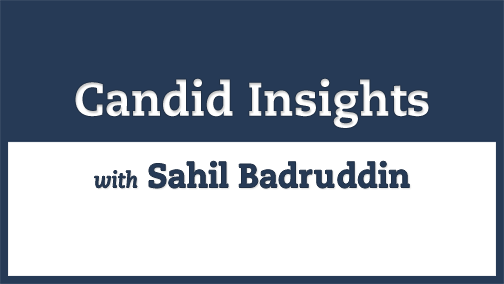Yasir Qadhi on Faith in the Modern World
EDITORS’ NOTE: Yasir Qadhi — Dean of the Islamic Seminary of America, an international Islamic educational institution and a doctoral graduate of Yale University, specializing in Islamic intellectual history and thought — discusses his insights on Muslims in America, challenges people of faith face in the West, academic vs. seminary study of Islam, religious pluralism, interfaith dialogue, intra-faith (Muslim to Muslim) relationships, Ibn Taymiyyah’s understanding of reason vs. revelation, and his vision for the future.
Interview Questions
Experience in America — Time Index: 1:09
1. To start, I want to generally talk your experience growing up in America. How are things the same and how are they now different for you?
Change of “Muslim-ness” in Last 20 Years — Time Index: 3:09
2. Has you seen the way in which Muslims define “Muslim-ness” evolve in the last 20 years (let’s say since 9/11)?
Muslim Identity — Time Index: 4:33
3. What would you see as markers of Muslim identity for Islam in the 21st century? Both at the general level and more specifically in the West.
Perception of Islam — Time Index: 5:38
4. In the past decade, especially, Muslims, have engaged in robust outreach initiatives to help correct the perception of Islam in the West. How do we change perceptions perhaps more quickly? You’ve mentioned it starts locally. And what areas would you, personally, like to see more Muslim presence?
Antipathy Towards Faith — Time Index: 8:08
5. Another challenge especially in the west that people face, people of religion face, and particularly the youth, is the influence of atheism, secularism, and growing antipathy towards faith, that religion lacks intellectual merit.It feels as though religion is fighting a losing battle, an ideological tsunami. Given your decades of work again, what, if anything, can be done to create a robust response to this antipathy towards faith?
Islam in an Academic Setting — Time Index: 12:31
6. How did your exposure to the study of Islam in an academic institution like Yale University, change your views about Islam or how Islam should be approached (for example, the role of historical context in situating Muslim-ness and expressions and ideas of Muslim identity through time and place)?
Religious Pluarlism — Time Index: 17:49
7. You’ve written a chapter entitled: “The Path of Allah or the Paths of Allah: Revisiting Classical and Medieval Sunni Approaches to the Salvation of Others” in a book called “Between Heaven and Hell. Could you share your insights on religious pluralism you share in chapter?
Interfaith Dialogue — Time Index: 25:19
8. What are your thoughts on inter-faith dialogue? Some people are all for it, while others feel that it has its limitations. Where do you lie on the spectrum?
Quality of Life as a Common Goal — Time Index: 27:25
9. So if we think about humanity at large and think about how every person seeks a better or improved quality of life – however we define this – but even if it be purely in material terms, how powerful do you think this concept can be in bringing communities together around a common purpose. So moving from a lens of theology to a lens of improving the quality of life of all people – And the Qur’an speaks about this, as all of humankind being made from a Single Soul (as in Sura an-Nisa Ayah 1)
Relationships within Humankind — Time Index: 30:14
10. How do you understand the relationship between the unity of humankind as well as the diversity inherent within it? How do you feel this may connect to the notion of respect for the “other” and the notion of pluralism not just between different faiths but also within Islam?
Time Index: 34:00
11. What can be done to improve those relationships and, in these times, how can Muslims, especially in America, better support each other?
Reason and Revelation — Time Index: 38:56
12. Your explored how Ibn Taymiyyah understood the perennial debate between what is usually referred to as “reason versus revelation” – I wonder if you would be happy to share some of your thoughts regarding the relationship between “Reason” and “the Intellect” and how Ibn Taymiyyah defines ‘aql vis-a-vis revelation?
Role of Intellect — Time Index: 43:03
13. In your understanding, as Sunni thinker and scholar, how do you view the role of the intellect in the understanding and practice of one’s faith?
Personal Journey — Time Index: 44:57
14. If I may ask, what would be a question, even a faith-related question, that you are still searching for a satisfying answer to and for which you would even welcome other perspectives on?
Vision for the Future — Time Index: 51:15
15. And finally, we need to think about a vision for the future. We end up talking about these in general terms, but could you name a specific objective, perhaps, you see the world can achieve, let’s say in 25 years, and what insights and suggestions would you offer that might help achieve this vision?
About Yasir Qadhi
Yasir Qadhi is the Resident Scholar of the East Plano Islamic Center. He is also the Dean of The Islamic Seminary of America. He is one of the few people who has combined a traditional Eastern Islamic seminary education with a Western academic training of the study of Islam. Yasir graduated with a B.Sc. in Chemical Engineering from the University of Houston, after which he was accepted as a student at the Islamic University of Madinah. After completing a diploma in Arabic, he graduated with a B.A. from the College of Hadith and Islamic Sciences, and then completed a M.A. in Islamic Theology from the College of Dawah. He then returned to America, and completed a PhD in Religious Studies from Yale University. He has authored several books, published academic articles, and appeared on numerous satellite and TV stations around the globe. His online videos are of the most popular and highly-watched Islamic videos in English.


